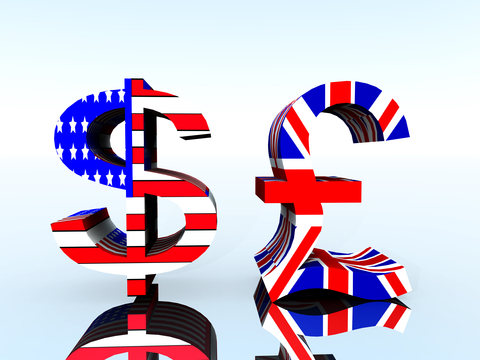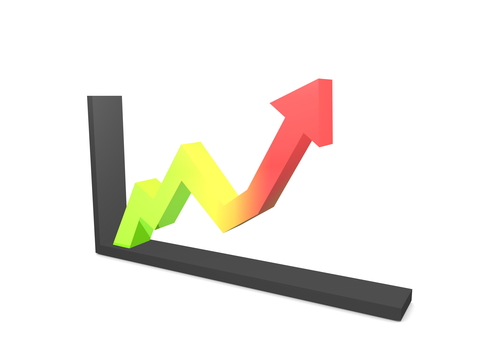The more often you buy and sell shares the more chance your investment nerve will be challenged and your emotions often brought into the frame. History shows us that the most successful investors of all time are those who can hold their nerve, take emotion out of the situation and look at cold hard facts. So, how can you learn to hold your investment nerve in challenging times?
Focus on the fundamentals
You may see wild swings in share prices as a consequence of market conditions, sector conditions or perhaps there is something going on with a particular company. What often start out as “small whispers” can very quickly grow arms and legs and lead to a tanking for a company share price. On the plus side, markets may overreact on the upside and the downside but in the end they will find a balance. Remember, the level of the share price is made up of information in the public domain and that still private. Continue reading “Learning to hold your investment nerve”










